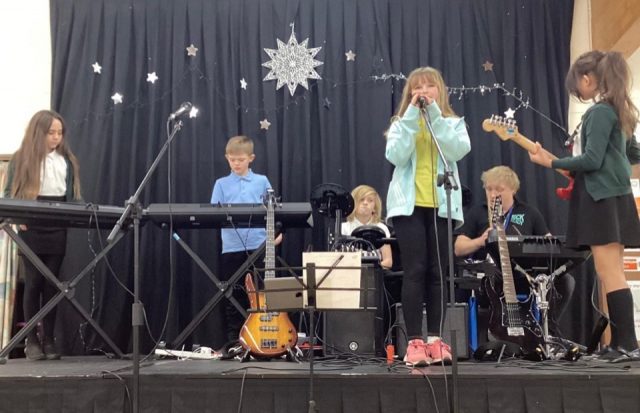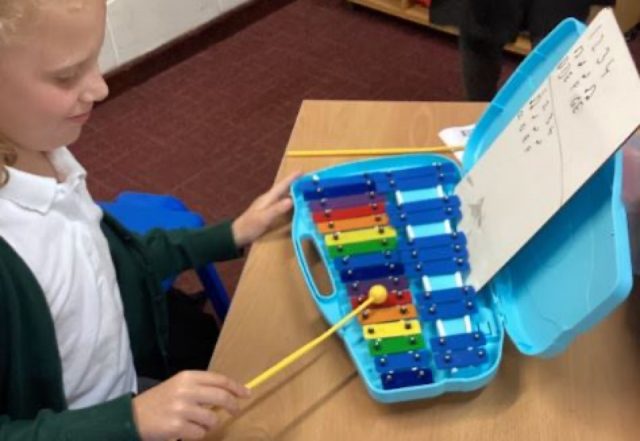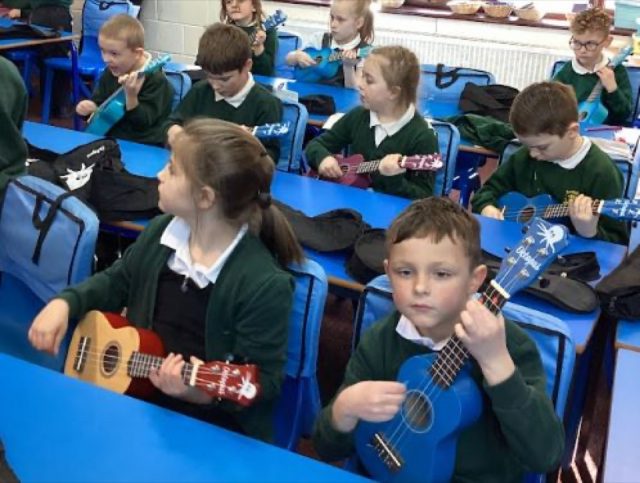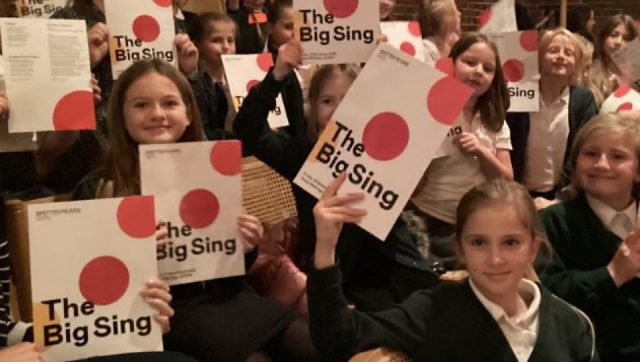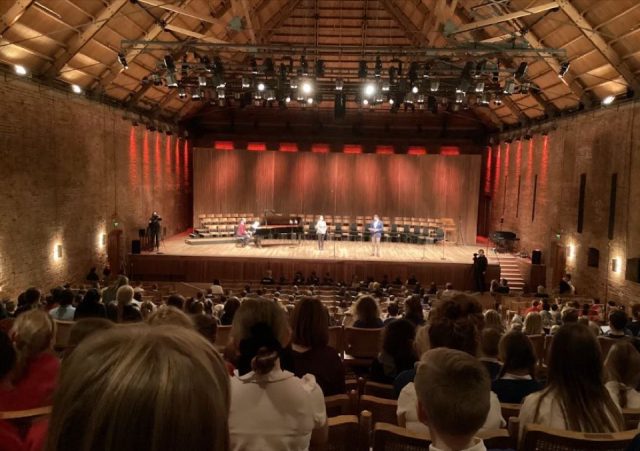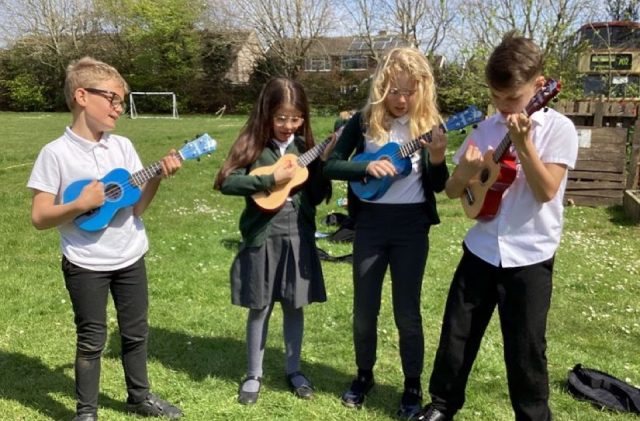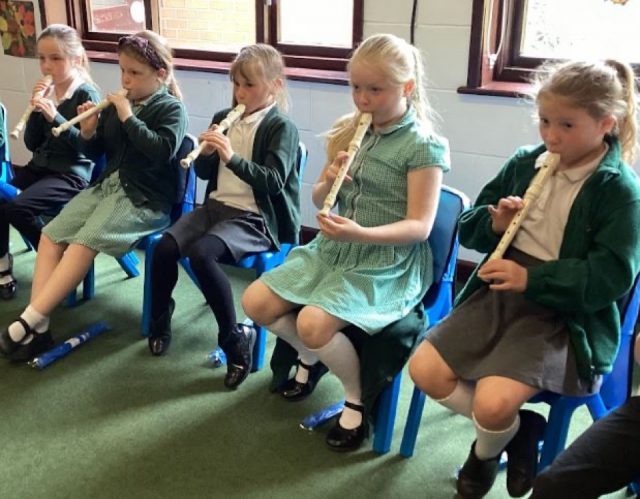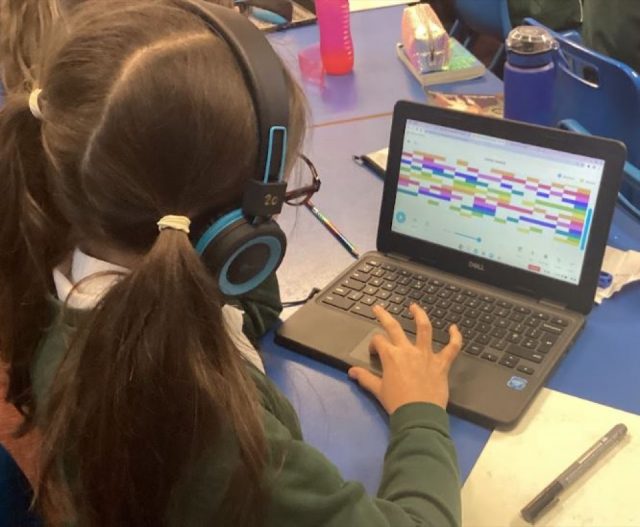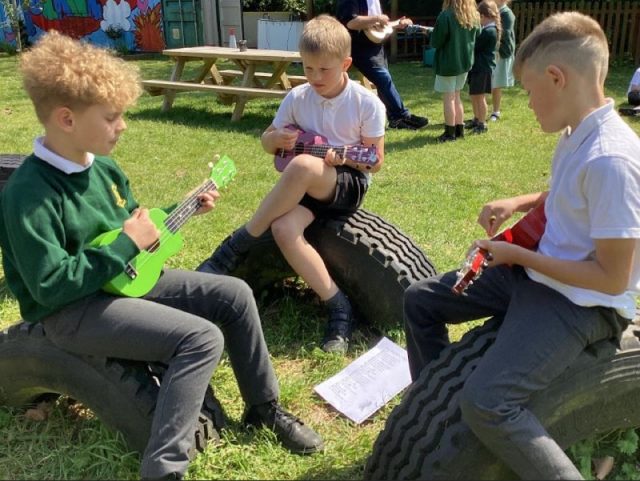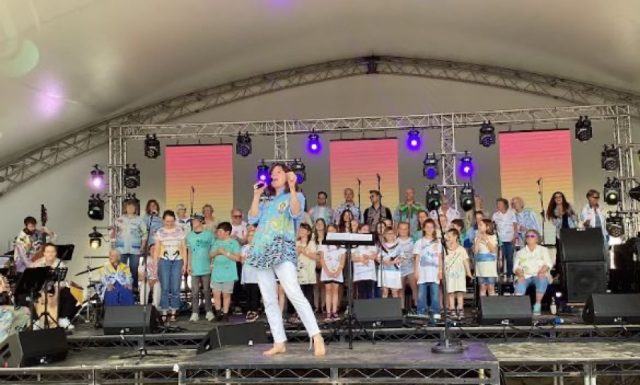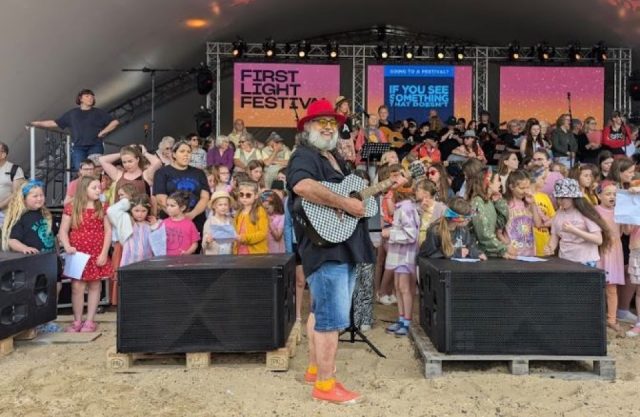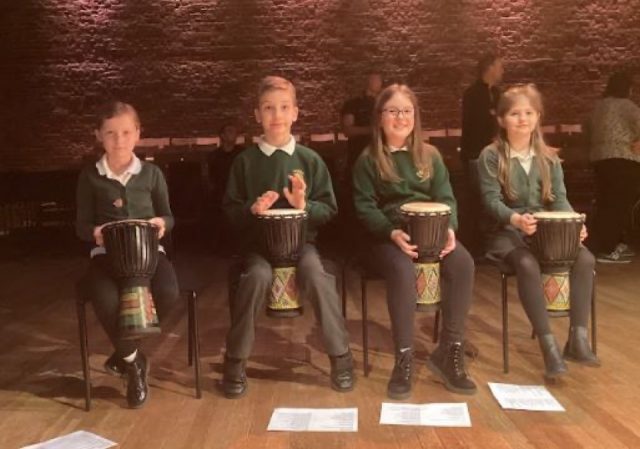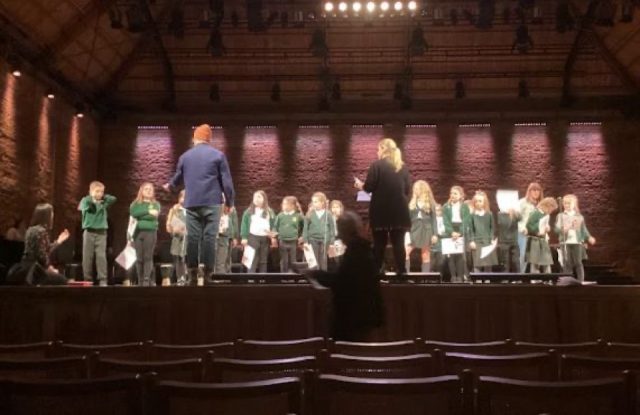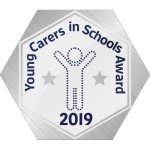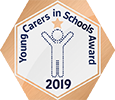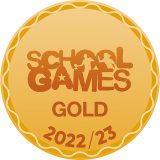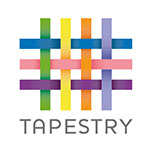“Music expresses feeling and thought, without language…It is above and beyond all words.”
– Robert G. Ingersoll
Intent
Music is an entitlement for our pupils and accessible to all.
At Kessingland Church of England Primary, our music curriculum aims to provide all pupils with a high-quality music education which engages and inspires children to develop a life-long love of music, increases their self-confidence, creativity and imagination, provides opportunities for self-expression and a sense of personal achievement. We believe that music is a unique and powerful form of communication that can change the way pupils feel, think and act, and have a huge impact on their personal wellbeing. At our school, we follow a broad and balanced music curriculum that builds on previous learning and provides both support and challenge for learners. We follow the ‘Kapow’ music scheme that ensures progression of skills and covers all aspects of the music curriculum. Music will be taught each term via scheduled lessons, and additional musical opportunities will be provided where possible, through such means as listening to a variety of composers/genres of music during different times of the day/week. This will allow children to develop an ability to listen to, and appreciate a wide variety of music, including that which has a specific purpose. Children will participate in a wide range of activities to develop their talents in all aspects of music. This includes rhythm work, instrumental skills, composition and composition, both individual and in small groups. Through such group work, children will be able to develop essential life skills such as co-operation, mutual support, self-discipline and commitment. It is our vision that every child adopts an understanding and love of music which they can carry with them for the rest of their lives.
Implementation
To ensure high standards of teaching and learning in music, our curriculum is progressive throughout the whole school.
Key Concepts:
- Pitch
- Duration
- Dynamics
- Tempo
- Timbre
- Texture
- Structure
- Musical Notation
Domains of Knowledge:
- Listening, appraising and responding
- Composing
- Performing
- History of music (KS2 only)
EYFS: Music is a wonderful way to help develop pupils’ imagination and creativity and can be linked to all areas of the EYFS Early Learning Goals. Music plays an important role in children’s development, and within our school, pupils’ will be supported in the use of music as part of child-led play, whether singing songs, listening to music, dancing or playing instruments. This shall allow them to express their creativity and emotions, as well as reaching a deeper level of musical understanding.
KS1 and KS2: Within our school, we follow the ‘Kapow’ primary music scheme which takes a holistic approach to music, in which the domains of knowledge are woven together to create engaging and enriching learning experiences. Lessons are ‘hands-on’ and incorporate movement and dance elements, as well as making cross-curricular links with other areas of learning. We also offer whole class instrumental lessons in which children learn how to play recorders or ukuleles with a qualified music teacher. We follow a spiral curriculum model, where previous skills and knowledge are returned to and built upon.
Enrichment: Our music curriculum is enriched through providing music opportunities both inside and outside the classroom. Children are exposed to various music styles and composers within the classroom outside of music lessons, such as music playing during register or quiet writing activities. Pupils’ experiences are also enhanced through our Forest School, after school music clubs and school productions. Our aim moving forward is to develop more enrichment opportunities through such experiences as Young Voices, observing professional orchestra rehearsals and Suffolk County Council Music Service.
How do we promote spirituality in Music at Kessingland CofE Primary Academy? Within Music at Kessingland, children are given opportunities to express themselves in a variety of ways, whether it be through listening to music or creating their own. They are encouraged to respond to a variety of different musical styles and genres, offering their own individual opinions and reactions, whilst also being respectful and mindful of others’ views. Music allows children to experience the sense of joy and wonder of performing together, being both responsible for their own role and part of something bigger.
Impact
The music curriculum builds towards four end points, describing what we want our pupils to achieve by the end of Year 6:
End Point 1: Listening – demonstrate and articulate an enthusiasm for music and be able to identify their own personal musical preferences.
End Point 2: Composing – understand the ways in which music can be written down to support performing and composing activities.
End Point 3: Performing – be confident performers, composers and listeners and be able to express themselves musically at and beyond school.
End Point 4: History of Music – Show an appreciation and respect for a wide range of musical styles from around the world and will understand how music is influenced by the wider cultural, social, and historical contexts in which it is developed.
Music is assessed in two distinct ways:
- Through questioning, observations and recording processes. Throughout the different units, key questions have been identified to allow assessment of the children’s knowledge. Sound and video clips are also taken at the beginning and at the end of a unit, in order to assess the progression.
- Through formal assessment grids linked to each unit’s learning objectives.



